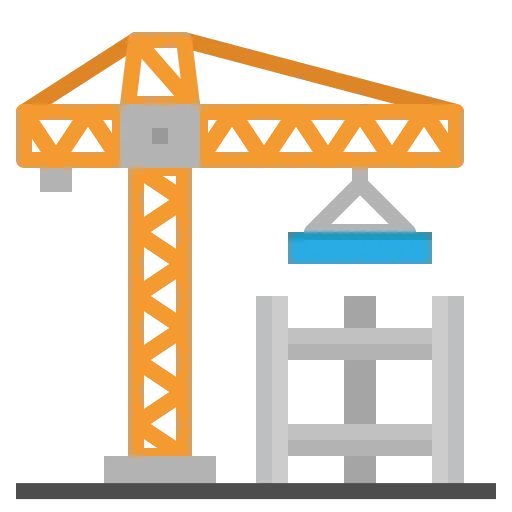Get A Quote
Complete the form below, and we'll connect with you shortly!
+91 82409 77034
Point slope monitoring is a critical process for assessing terrain stability, preventing landslides, and ensuring the safety of infrastructure built on or near slopes. Traditionally, monitoring slopes required extensive ground surveys, which were time-consuming and often limited in accuracy. Drone For Surveying equipped with advanced sensors have revolutionized this process by providing real-time aerial data, high-resolution imagery, and 3D terrain models, enabling precise analysis of slope movement and structural integrity.
With drone-based point slope monitoring, engineers and geologists can quickly detect shifts, erosion patterns, and potential hazards with unmatched accuracy. This proactive approach enhances risk assessment, improves disaster preparedness, and supports efficient planning for construction, mining, and transportation projects. By leveraging survey drones, slope monitoring becomes faster, safer, and more cost-effective, ensuring stability and sustainability in land development.
Complete the form below, and we'll connect with you shortly!
Point slope monitoring using survey drones is the process of assessing terrain stability, detecting land shifts, and preventing potential hazards like landslides or erosion. Equipped with LiDAR sensors, thermal imaging, and high-resolution cameras, drones capture precise elevation data and create 3D models of slopes, allowing engineers and geologists to analyze movement patterns and structural integrity.
This real-time, data-driven approach enhances risk assessment for construction, mining, and transportation projects, ensuring safer and more efficient land development. Drone For Surveying covers vast areas quickly, reduces manual labor, and improves accuracy, making slope monitoring faster, safer, and more cost-effective.
Complete the form below, and we'll connect with you shortly!
We apply point slope monitoring using drones in various fields, including:

Drone For Surveying ensures stability before disaster strikes! Survey Drones provide real-time monitoring of embankments, landslides, and critical geotechnical structures, detecting shifts and weaknesses before they become major threats. With high-precision sensors, they deliver fast, accurate insights, keeping infrastructure secure and minimizing risks.

Survey Drones keep infrastructure strong and secure! Drone For Surveying provides high-resolution inspections of railroads, bridges, and roads built on or near slopes, detecting cracks, erosion, and structural weaknesses before they become hazards. With fast, data-driven insights, planners can ensure safer, longer-lasting infrastructure with minimal disruption.

Survey Drones are on the front lines when it comes to disaster readiness! They assess slope stability in high-risk areas prone to landslides and geological hazards, especially during heavy rainfall or seismic activity. With real-time data and precise monitoring, drones provide critical insights that help predict potential disasters, enabling quicker action and minimizing damage.

In mining, safety comes first! Drone For Surveying monitors tailings and open-pit mines, detecting even the slightest shifts in slope stability. By providing real-time data, drone surveys ensure safe mining practices, support legal compliance, and help prevent potential hazards, all while improving efficiency and minimizing risks.

Drone For Surveying are game-changers in environmental conservation! They monitor slopes to study the effects of erosion, sedimentation, and other environmental factors, providing valuable data that supports conservation and restoration efforts. By offering detailed insights into landscape changes, drones help preserve ecosystems and guide sustainable restoration practices for healthier, more resilient environments.
The deliverable outputs from point slope monitoring using drones typically include.
Drone flights yielded high-resolution photos and videos that gave a visual summary of the region under observation.
Topographic representations depict slope surface features and elevation fluctuations in detail.
Precise three-dimensional depictions of the landscape that enable in-depth examination of movement and slope conditions.
Thorough records that contain information on possible hazards, deformation rates, and slope shifts.
Maps showing locations in need of additional monitoring or intervention, risk zones, and slope stability.
These deliverables allow stakeholders to analyze road conditions. They help optimize route planning and conduct ongoing maintenance efficiently. Ultimately, this improves the quality and sustainability of road infrastructure projects.


You can see how this popup was set up in our step-by-step guide: https://wppopupmaker.com/guides/auto-opening-announcement-popups/